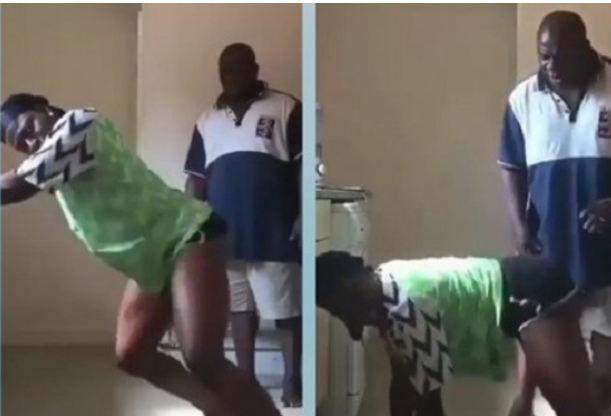As informal as they are, slangs could be the culture-thermostat of a people and their recent preoccupations. They also aid communication.
Nigeria is no different as popular slangs used by its youths are pointers to what they have had to deal with in the past.
TalkTalkHD media therefore, compiled the top 5 slangs below:
1. Soro Soke
The Yoruba words “soro soke” which translate as “talk audibly” is associated with a veteran Nigerian actress, Toyin Afolayan, before it took a life of its own during the 2020 ENDSARS protest.
The words became a multi-dimensional mantra. Sometimes, it could be used to urge someone to be loud enough with their request or a way to tell a person in authority to be audible when making promises to resolve a situation.
2. We Move
Remember Him? Wait 'Till You See Him Now
Oceandraw
by TaboolaSponsored Links
This is another slang that was popularised by the protest. They are chant words that speak of people’s resilience in a dire situation, telling whoever cares to listen that the struggle continues no matter what was done to hold them back
E choke: Top 5 Slangs in Nigeria and what they Mean, Davido Dormed 3 of them
The slangs could come handy in expressing oneself in different situations. Photo source: Leon Neal, Davido, Lola Ijide Source: Getty Images
3. E choke
Popular Nigerian musician, Davido, influenced the words. While they could mean different things, “e choke” could be used when something turns out amazingly well. The singer said he is considering copywriting the slogan.
4. Tule
This is a Yoruba word that means “release”, “set free”, or “unpack”. The Holy Ground crooner also introduced this when he said “tule jare” in a video. To sound hippy, you could use “tule” as a way to tell someone it is high time they set out on something or released a thing.
5. Who dey breet?
While it could be hard to pin meanings to this slang, Davido first used it on Sunday, March 14, hours after Wizkid and Burna Boy clinched their Grammy awards. It literally means “who is breathing?”


.png)
.png)


0 Comments